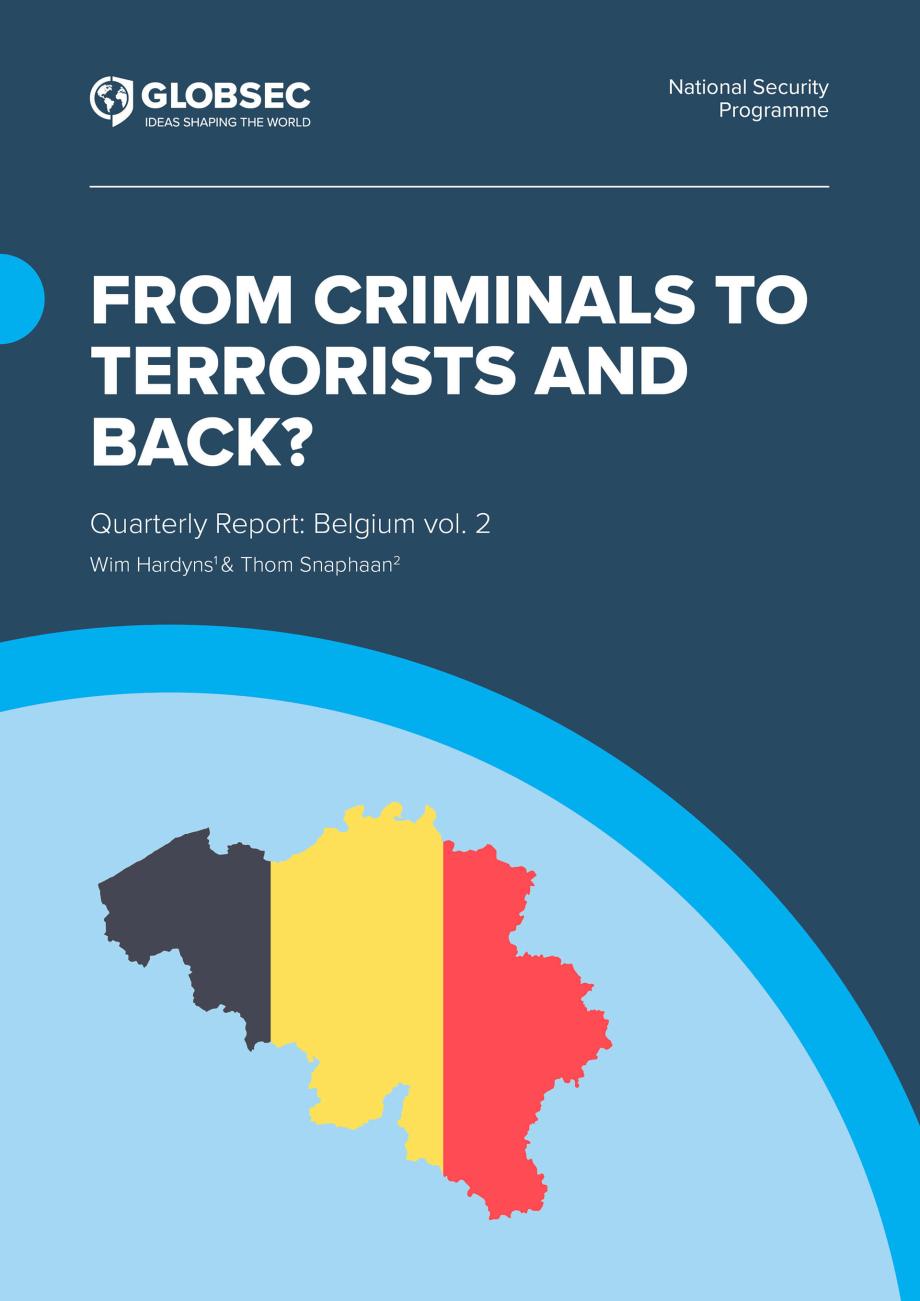From Criminals To Terrorists And Back? Quarterly Report: Belgium, vol. 2

With 20 more cases than in the initial Kick Off Report, a clearer view on the extent and nature of the crime-terror nexus amongst Belgian Jihadists is provided. The case of Belgium shows ISIS success in regard to work on a local level of radicalisation through a few influential individuals to intimate networks, specifically in terms to family and friendship bonds. Ultimately, individual and (socio-) ecological factors are major effects contributing to Belgium’s large number foreign fighter cases.
Radicalization in Belgium is breeding within families and friendships. So much so that it has been labelled as “chain migration” or “peer recruitment.” Exemplifying this finding is the case of so-called “Mother of Jihad.” This ‘mother’ was so influential that the Belgium court declared she was “imbued with Jihadist ideology and contaminated everyone and everything around her.” Besides, the success of ISIS in Belgium is found on a more local level in the Antwerp-Brussels axis. This indication of a crime-terror nexus on an ecological level, contradicting globalisation, with the clustering of “charismatic” Jihadist leaders. Of the previously convicted individuals (n=12), 75% are from the Brussels-Antwerp region. Additionally, the unemployment factor (52% of all 25 cases) seems to play an important role.
The scholars conclude that prior crime is not a “cause of terrorism” but an indicator to the same mechanisms. Rather a number of individual and (socio-) ecological factors contribute to the multi-dimensional result of Jihadist fighters being produced from Belgium.
Please read the full report prepared by Prof. Dr. Wim Hardyns (Professor in Criminology) and Thom Snaphaan, MSc. (PhD Researcher and Academic Assistant), both from the Department of Criminology, Criminal Law and Social Law at Ghent University. Both of them are also members of the Institute for International Research on Criminal Policy.